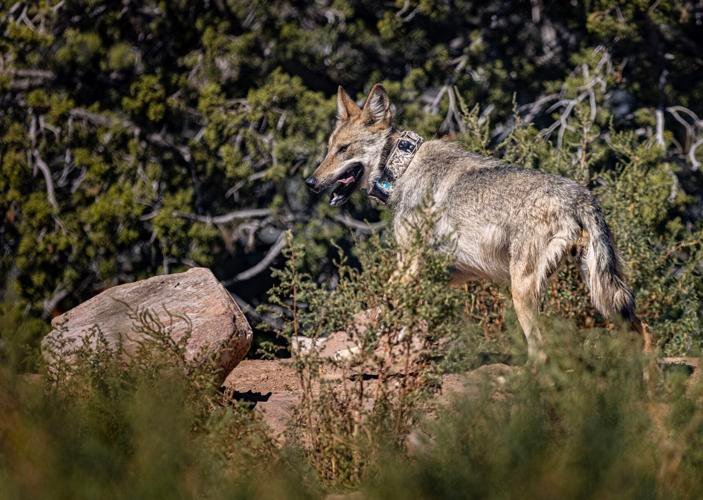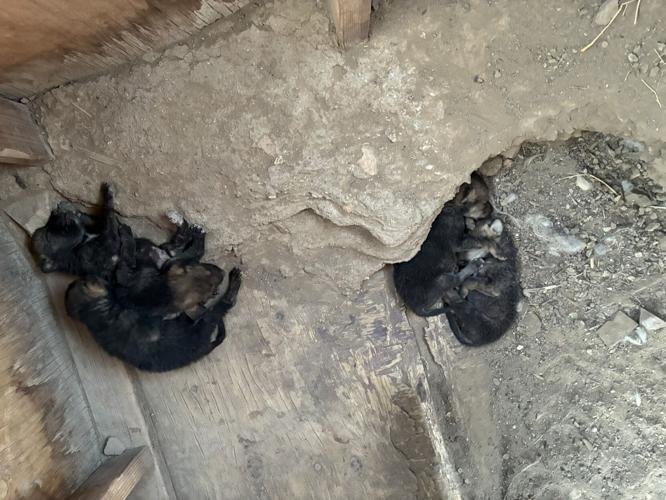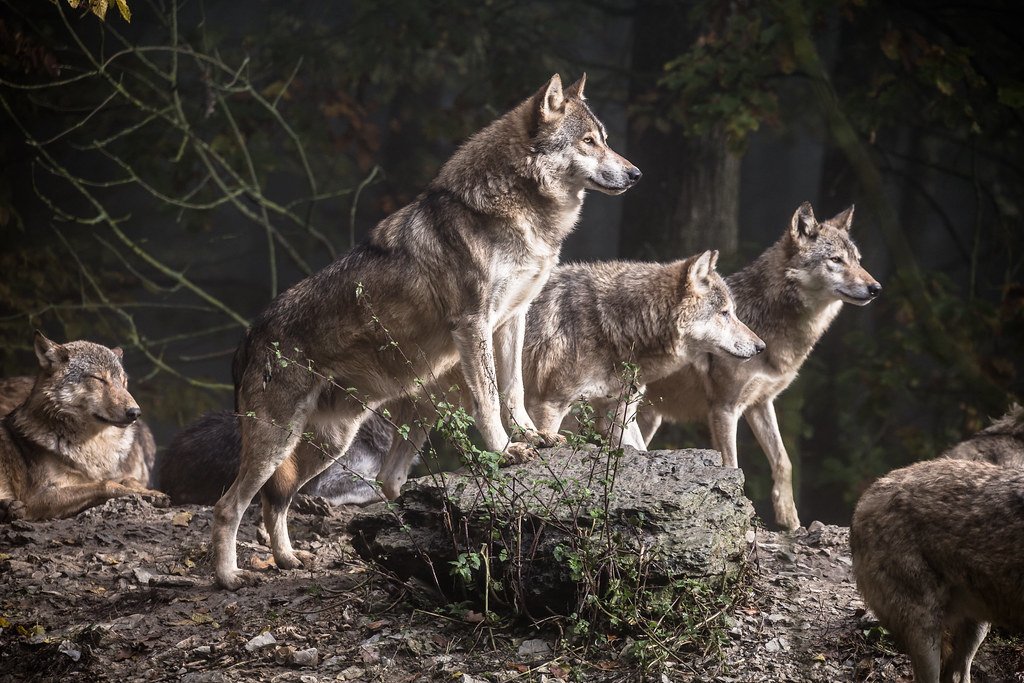DD Animal news: 17 July 2025: A coalition of 36 conservation organizations—bolstered by millions of public supporters—has formally urged the U.S. Fish and Wildlife Service to release Mexican gray wolf Asha, her mate Arcadia, and their five pups into the wild. The release, originally slated for June on private lands in New Mexico, was abruptly postponed in late June, igniting criticism that political interests are overriding science-based conservation priorities
Delay Sparks Furious Backlash from Conservation Community

Advocates representing groups like the Center for Biological Diversity and Wolf Conservation Center have denounced the postponement. Michael Robinson of CBD called it “hard to think of any scientific reason” for keeping the genetically vital wolves in captivity, risking that decisions are being swayed by livestock industry lobbying
Regan Downey, director of education and advocacy at the Wolf Conservation Center, added that Asha and her pups “deserve to be wild,” noting their release would boost genetic diversity and symbolize a serious commitment to recovery.
“Delaying the release risks missing the critical window when Asha could teach her pups how to hunt native elk calves and give the pack the opportunity to localize on these private lands,” said Greta Anderson, deputy director of Western Watersheds Project. “The planned release was well-timed for optimum success, but better late than never. The government should move as quickly as possible to get these wolves on the ground this week.”
“Asha and her young family represent incredible promise for Mexican wolf recovery and Asha’s story has captured the nation — she deserves to be free,” said Chris Smith, wildlife program director for WildEarth Guardians. “The fact that she has been held captive for so long is wrong. She needs to be released now.”
The Caldera Pack: Faces of Genetic Hope
Dubbed the “Caldera pack,” Asha and Arcadia’s five pups—Kachina, Aspen, Sage, Kai, and Aala—were born in captivity at the Sevilleta National Wildlife Refuge in May. Earlier this summer, students helped name the pups through a contest, underlining the deep public connection to these wolves
Their release would infuse much-needed genes into the wild population and indicate a turning point in reintroduction strategy
Importance of Wolves in U.S. Ecology

Wolves are keystone species that play a critical role in maintaining ecological balance. Their reintroduction in Yellowstone restored vegetation patterns, controlled herbivore numbers, and improved ecosystem resilience. Similarly, Mexican gray wolves help stabilize the arid Southwest by regulating deer and elk, allowing plant communities to regenerate and supporting diverse wildlife. As apex predators, their presence helps preserve structure and function in complex food webs
Population Gains and Genetic Imperilment
Success stories abound by early 2025, the wild Mexican wolf population had climbed to at least 286 in the U.S.—a ninth straight year of growth—alongside 380 in captivity yet fierce challenges remain. Genetic diversity is dangerously low—nearly sibling-level relatedness—which undermines long-term population viability. Conservationists argue that releasing captive-born wolves, like the Caldera pack, is essential to increasing genetic robustness
A Test of Commitment to Science Over Politics

The delay in releasing Asha’s family reveals a tension between political caution and ecological necessity. Releasing the Caldera pack could reinforce genetic health and reaffirm faith in scientifically guided recovery. Alternatively, continued deferment may undermine decades of progress and public trust.
“With the Caldera pack release now apparently on hold and certainly delayed, we are troubled that wolf recovery may be being stymied for political reasons,” said Erin Hunt, managing director of Lobos of the Southwest. “Implementation of the Endangered Species Act is required by the statute to be based exclusively on the best science, not political influence.”
Should federal wildlife agencies prioritize scientific evidence and genetic diversity—even amid political pressure—or is holding back releases justified to placate opposing stakeholders?

Andrew Alpin from India is the Brand Manager of Doggo digest. Andrew is an experienced content specialist and social media manager with a passion for writing. His forte includes health and wellness, Travel, Animals, and Nature. A nature nomad, Andrew is obsessed with mountains and loves high-altitude trekking. He has been on several Himalayan treks in India including the Everest Base Camp in Nepal.






